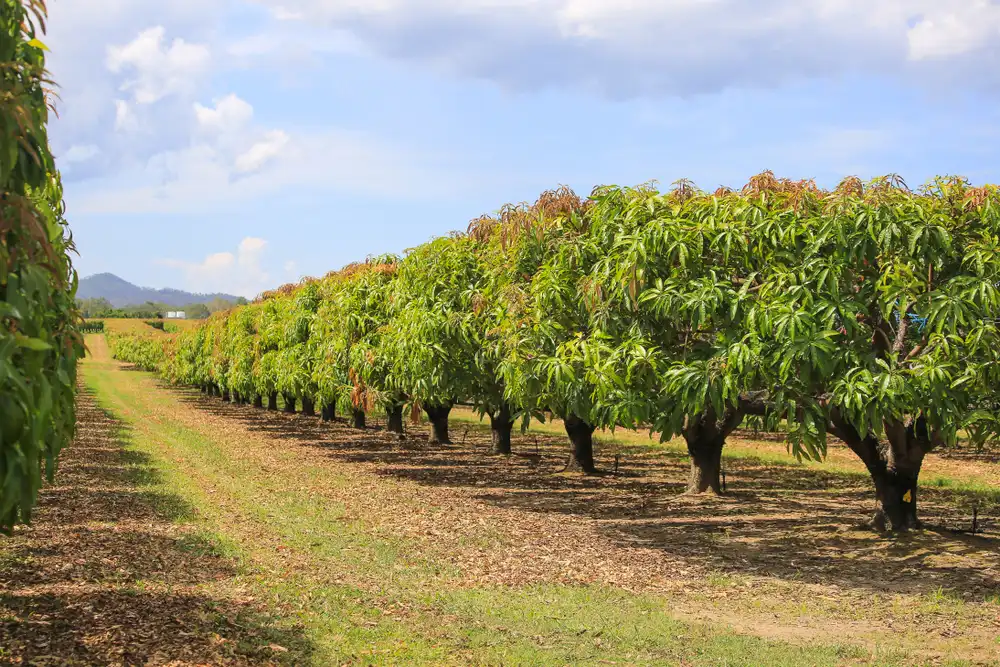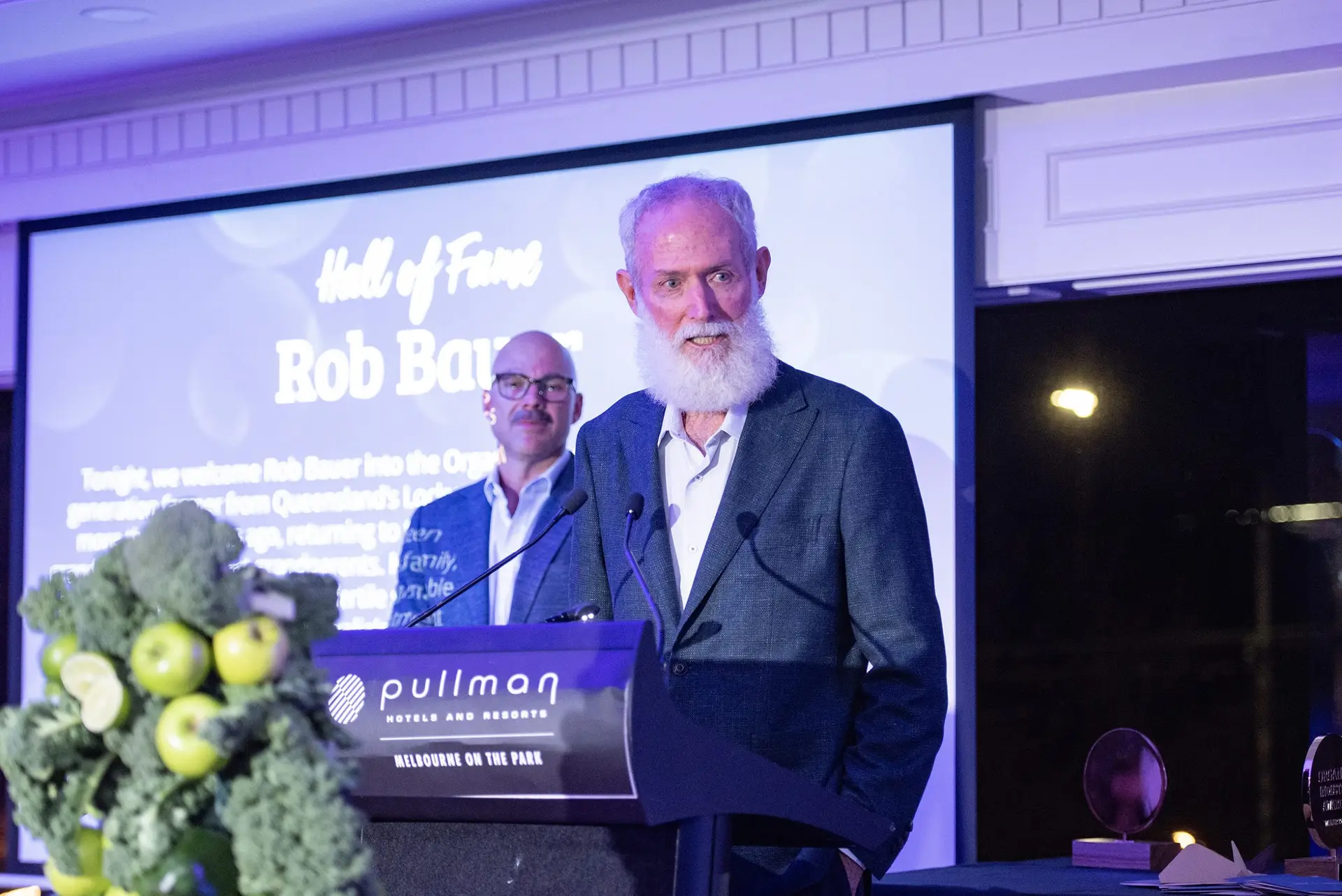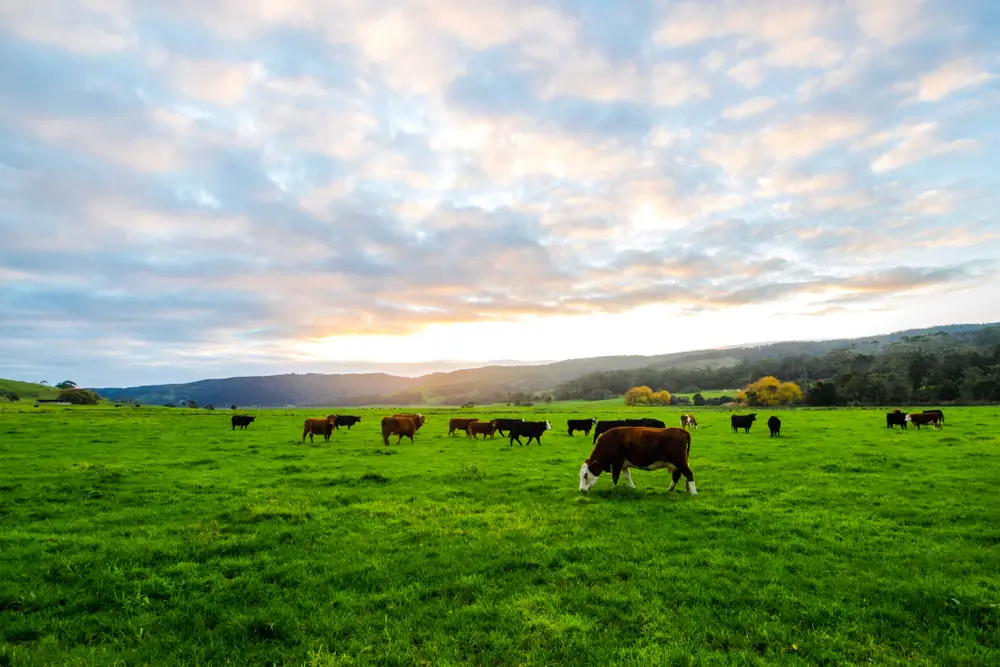New survey data has revealed one third of shoppers for organic food and products say they have been misled by false advertising on uncertified products.
The Australian Organic Market Report 2023, commissioned by peak industry body Australian Organic Limited (AOL) and conducted by independent consulting firm ACIL Allen, shows ‘greenwashing’ continues to undermine consumer trust in the $2.6 billion industry, underscoring the need for regulation to protect consumers and certified organic producers.
During 2022, 33 per cent of organic shoppers surveyed purchased a product thinking it was organic based on packaging claims, only to later find it was not. This is an increase from 31 per cent in the previous Market Report in 2021.
An increasing number of products also come with statements around sustainability, with a rise recorded in 2022 in claims of a product being socially responsible, environmentally friendly, using sustainable packaging or improving in the area of animal welfare.
Lax labelling laws are the main contributor to a significant portion of shoppers still citing trust in organic status as a barrier to purchase, according to AOL Chief Executive Officer Niki Ford.
“Until the laws are changed to stop uncertified operators marketing their product as ‘organic’, some consumers will understandably feel hesitant when making a purchase,” Ms Ford said.
“A lack of domestic regulation on the use of the term ‘organic’ is jeopardising the efforts of hardworking certified organic operators who are helping push sustainability forward.
“We’ve been campaigning for the government to ensure everything in the supermarket sold under the organic umbrella must be certified.
“The only way to be truly confident that you’re making the most sustainable choice is to look for an organic certification logo on packaging.”
64 per cent of consumers now recognise the Australian Certified Organic ‘Bud’ Logo as the leading trusted certification label, an increase from 62 per cent reported in the 2021 Market Report.
The Australian Organic Market Report comes amid increased scrutiny from corporate regulators around greenwashing.
The Australian Securities and Investments Commission (ASIC) launched its first ever greenwashing court proceedings in March, suing Mercer Super for allegedly misleading consumers over the sustainability of its investments.
The Australian Consumer and Competition Commission (ACCC) recently conducted a ‘sweep’ of 247 businesses, with 57 per cent found to be making concerning claims about their environmental credentials.
“Consumers are now, more than ever, making purchasing decisions on environmental grounds,” ACCC Deputy Chair Catriona Lowe said.
“Unfortunately, it appears that rather than making legitimate changes to their practices and procedures, some businesses are relying on false or misleading claims. This conduct harms not only consumers, but also those businesses taking genuine steps to implement more sustainable practices.”
One of those businesses is Gemtree Wines, a certified organic operation located in South Australia’s McLaren Vale region.
Managing Director and Chief Winemaker Mike Brown, who also heads the AOL Board of Directors, has been at the forefront of the push for domestic regulation of marketing claims in the organic industry.
“This report backs up what organic producers have been saying for years – we need more stringent laws to ensure uncertified operators aren’t taking advantage of increased demand for organics by making false claims,” Mr Brown said.
“Consumers are being bombarded with all these marketing terms, some of which are true but some which aren’t.
“Until certification logos are required on all organic products then greenwashing will continue to undermine those of us actually putting in the work to achieve the highest levels of quality and sustainability.”
The Australian Organic Market Report 2023 is available to purchase here.
Media enquiries:
Matt Wordsworth
[email protected]
0404 029 241
Tim Vetter
[email protected]
0439 681 793





